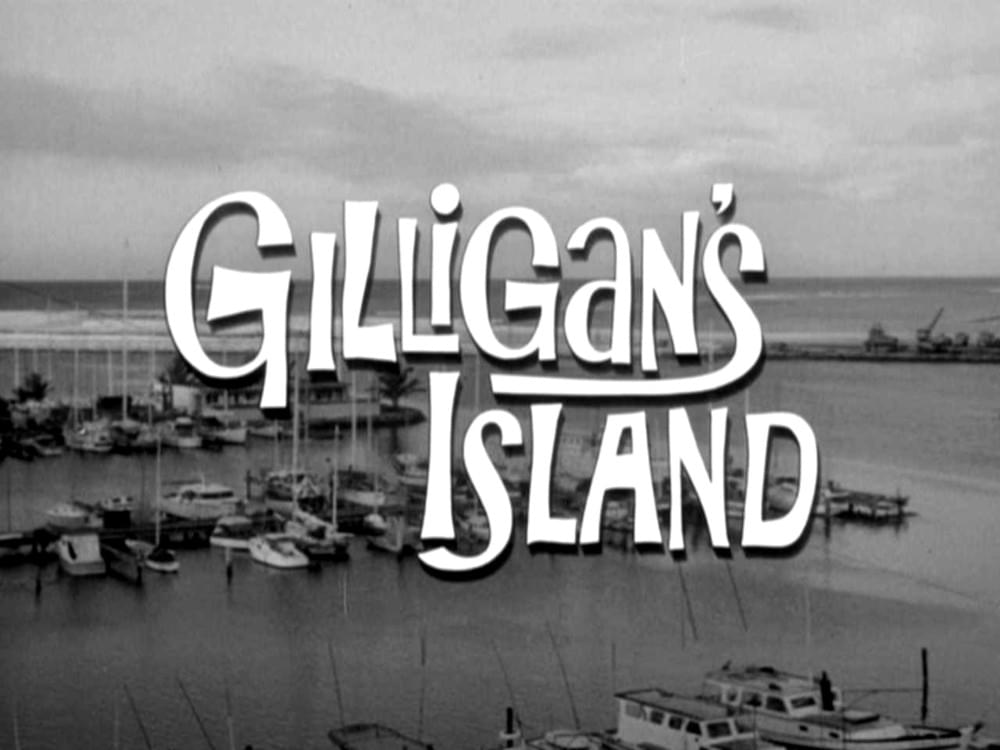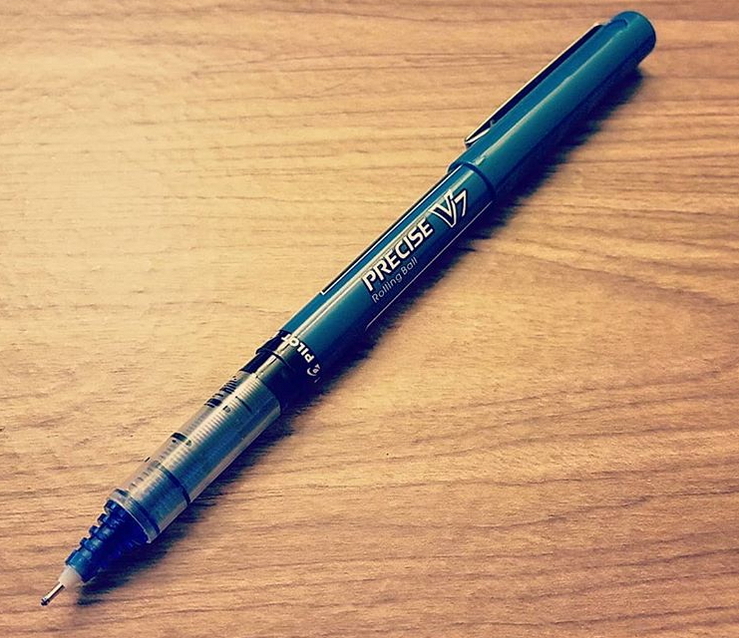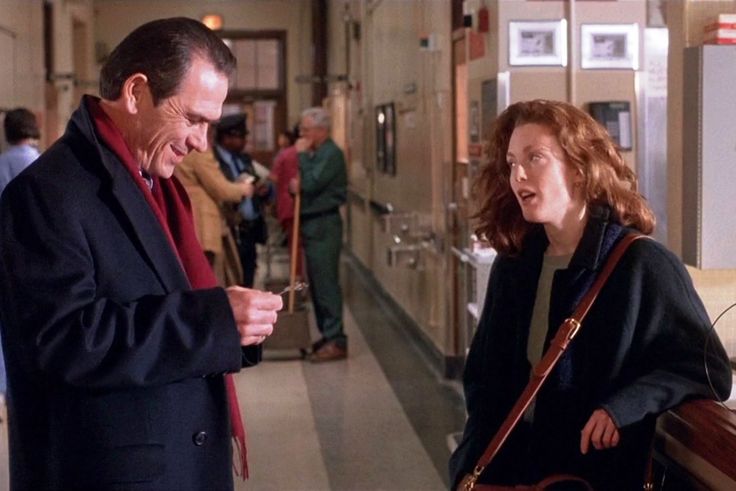You know how when you’re in a discussion and it’s really animated and you have things to say but you don’t get to because the discussion’s going by too fast and then you forget until you go home and you’re cracking wise to yourself because you really are that witty, but your timing’s shit and you go to bed annoyed because you didn’t think of it when it really mattered?
And you know how you laugh at a joke you don’t understand because everyone is laughing and you don’t want to look stupid, but you forget about it until, like, seven years later you come across the joke and you’ve lived a little between then and now, and now you get it and it’s hilarious?
And you know how you said something really stupid back in second grade and you can still see and hear that moment like it was yesterday, and your face turns red and your sphincter clenches even though it’s forty years later and you wish you could have a do-over on that moment (or any of the thousands in between, all of which you remember)?
Yeah, me too.
Hence, The Proviso, 2nd Edition.
Hopefully some time in October 2015, to pay homage to the one I published seven years ago.
Seven.



 I chugged along through my teens, wrote some RPF wish-fulfillment I destroyed because my dad found a book proposal
I chugged along through my teens, wrote some RPF wish-fulfillment I destroyed because my dad found a book proposal Long ago, I went on a road trip with some friends to the Redneck Riviera. There were lots of things wrong with that trip including a severe sunburn, but I had fun.
Long ago, I went on a road trip with some friends to the Redneck Riviera. There were lots of things wrong with that trip including a severe sunburn, but I had fun.




 One day, on a school bus, the bus driver was driving a load of kids to school. They were at an intersection when the bus driver made a right turn on red. A kindergartner who just so happened to be sitting in the front said, “Hey! You can’t make a right turn on red!”
One day, on a school bus, the bus driver was driving a load of kids to school. They were at an intersection when the bus driver made a right turn on red. A kindergartner who just so happened to be sitting in the front said, “Hey! You can’t make a right turn on red!”
 I had several ideas for this post’s title:
I had several ideas for this post’s title: